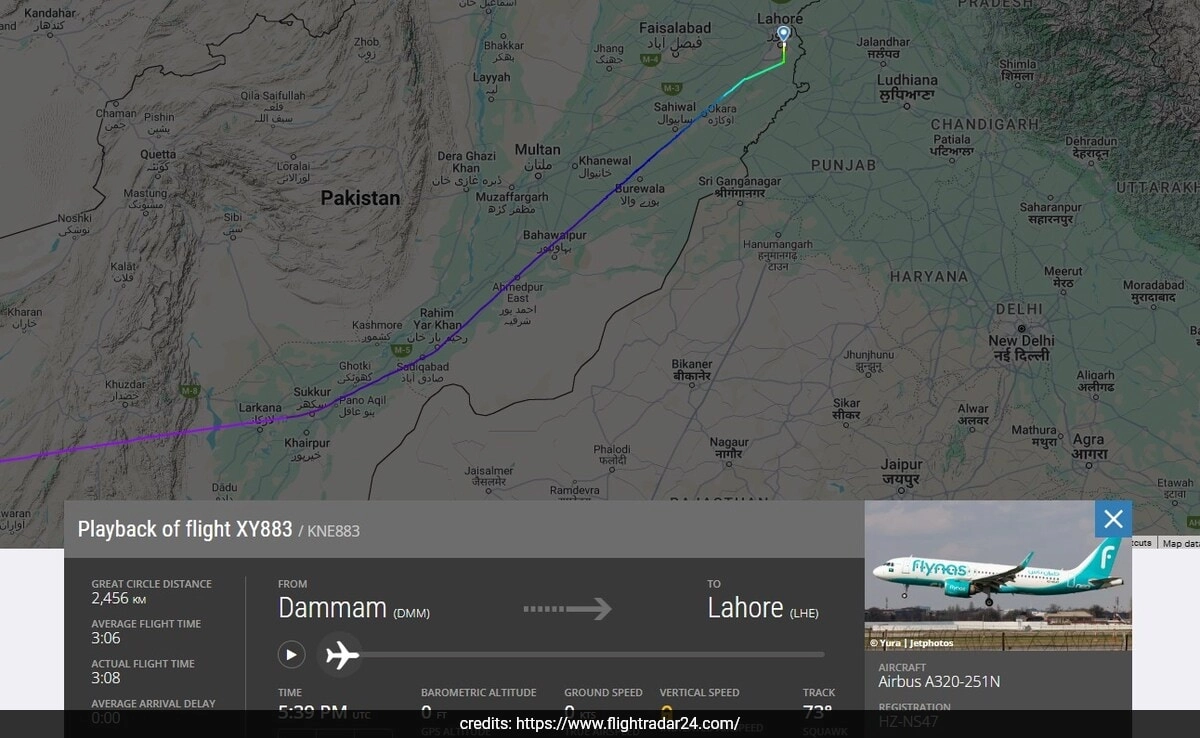The socio-political landscape of Bengal is often characterized by its vibrant culture and rich history, yet it simultaneously grapples with the persistent issues of education and corruption. The term ‘Mango Mishras’ has come to symbolize those individuals who, despite their questionable integrity, manage to navigate the complexities of the educational system and political arena with relative ease. These individuals often exploit their connections and resources, bypassing the rigorous demands of genuine academic achievement. Their ability to thrive in a system that should ideally reward merit raises significant concerns regarding the equity and accessibility of education in Bengal.
In recent years, the educational institutions in Bengal have faced numerous challenges, ranging from inadequate infrastructure to a lack of qualified educators. These systemic issues have created an environment where the ‘Mango Mishras’ can flourish. They leverage their connections to secure admissions into prestigious institutions, often at the expense of deserving candidates who have worked diligently to achieve their academic goals. This not only perpetuates a cycle of inequality but also undermines the overall quality of education, as institutions become inundated with students who are not genuinely invested in their studies.
Moreover, the intertwining of corruption within the educational sector exacerbates the situation. Bribery and favoritism have become commonplace, undermining the integrity of the educational system. When merit is overshadowed by corruption, it creates a disheartening narrative for students and educators alike. The ‘Mango Mishras’ become emblematic of a broader issue, representing a societal trend where ethical considerations take a backseat to personal gain. This phenomenon not only discredits the value of education but also instills a sense of disillusionment among those who strive to achieve success through hard work and dedication.
In conclusion, the plight of the ‘Mango Mishras’ in Bengal serves as a poignant reminder of the urgent need for educational reform and accountability. Addressing the systemic issues of corruption and ensuring that education remains a meritocratic endeavor are essential steps toward fostering a more equitable society. For the future of Bengal, it is imperative to create an environment where genuine talent and hard work are recognized and rewarded, paving the way for a brighter and more just educational landscape. Only then can we hope to break the cycle of corruption and empower the next generation to thrive based on their abilities rather than their connections.




